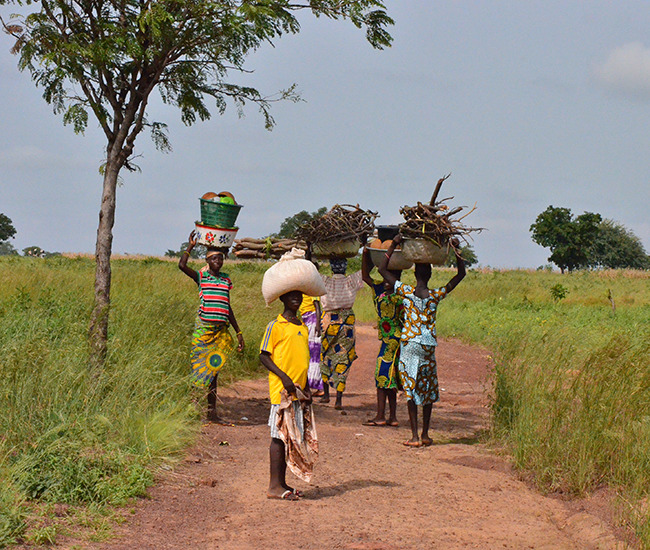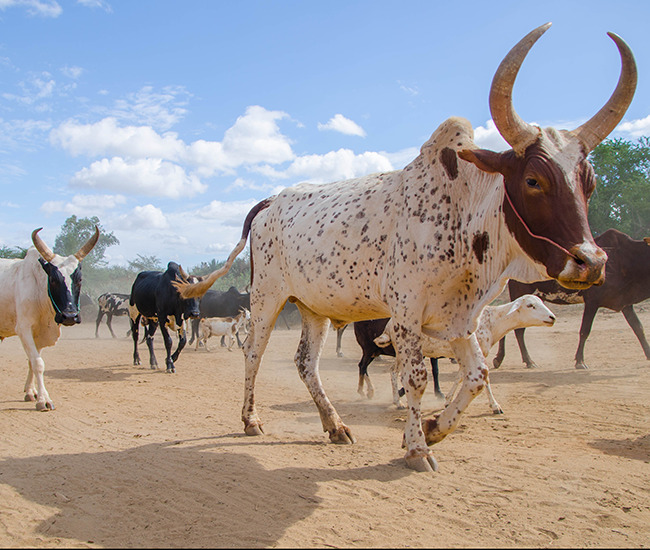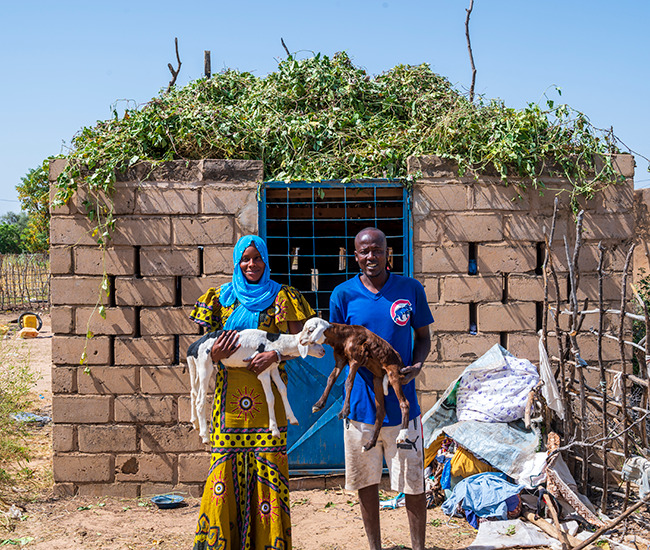Matam and Louga are regions in the heart of the sylvo-pastoral zone of northwestern Senegal. In partnership with AVSF, the French Facility for Global Environment (FFEM) and the Auvergne Rhône-Alpes region, these regions designed this project to regulate access to pastoral resources in a way that is fairer and more sustainable.
Despite its potential, livestock farming in this area faces a number of challenges, including bushfires, poor health services, shortage of permanent water points and poor management of water-user associations and existing pastoral units (a pastoral unit is an area that is home to communities sharing the same economic interests and pastoral lands, using the same water points and farming in the same areas). The size of the area, its isolation, the inadequate technical framework at the local level, the lack of a plan for developing the space and the lack of basic socio-economic infrastructure also make it very difficult to sustainably manage natural resources.
The project aims to restore the pastoral ecosystem and limit the degradation of natural resources in the Ferlo region through the organization of agro-sylvo-pastoral space by setting up pastoral units. Pastoral units make possible a consensual system for all stakeholders for the management and preservation of communal lands: since the management of publicly owned lands is a responsibility that the government entrusts to the local communities, the pastoral unit receives a delegation from the local communities for the management of pastoral resources (drilling, ponds, pastures, salt marshes, etc.).
The project seeks to: help revitalize existing pastoral units and create new ones (for a total of 26 units); raise awareness about how to manage and prevent conflicts; set up a Pastoral Alert and Notification System to help the shepherds decide where to lead their herds; and develop income-generating activities for women and young people (processing livestock-farming products, market gardening, access to rural energy).
This project is supported by FFEM and the Auvergne Rhônes-Alpes Region.








